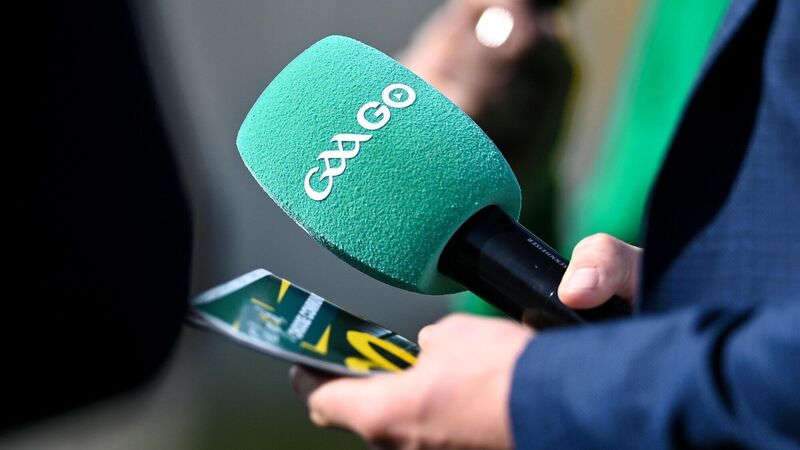Letters to the Editor: Hurling keeps on giving — but the GAA and GAAGo keep taking

GAAGo now appears to be replicating the GAA administration of the 60s and 70s, writes one reader. File picture: David Fitzgerald/Sportsfile
It’s not that long ago when executive officers in Croke Park were up in arms at the thought of presenting free-to-air games on RTÉ other than All-Ireland semi-finals and All-Ireland finals. It was generally agreed that no one would attend those games if they were available on TV.
Interestingly, Irish businesses were way ahead of the GAA and the potential of 20- to 30-second advertising slots available at half time in those games during the 1960s and 1970s was not lost on those businesses. On the contrary, the potential of two hours’ free-to-air promotional opportunities available to the GAA from those games never registered with the powers that be in Croke Park and the benefits never accrued.











